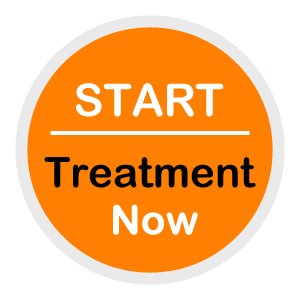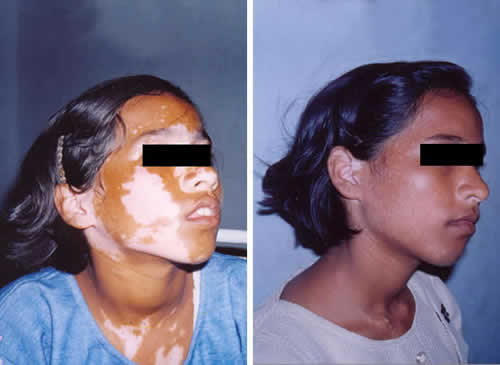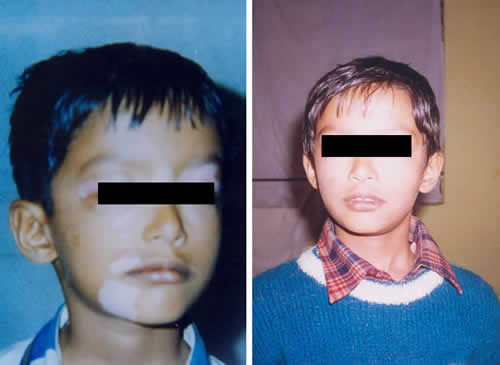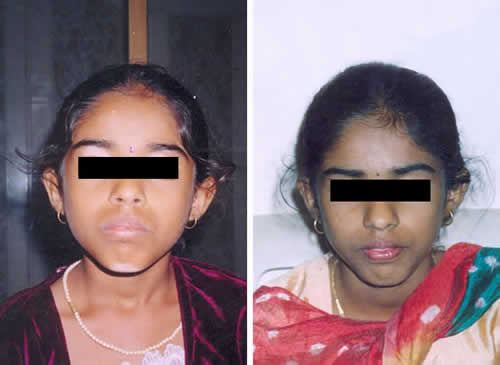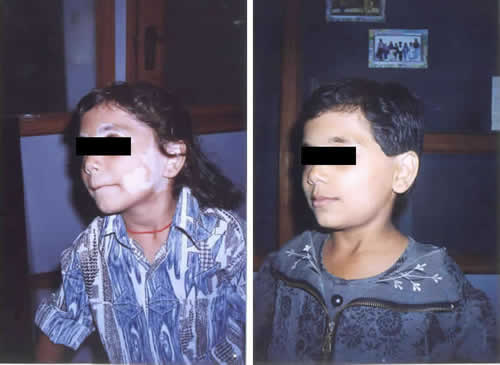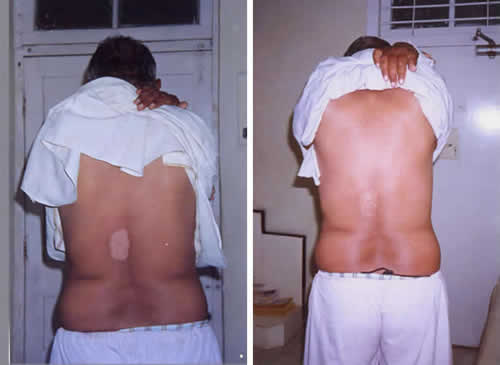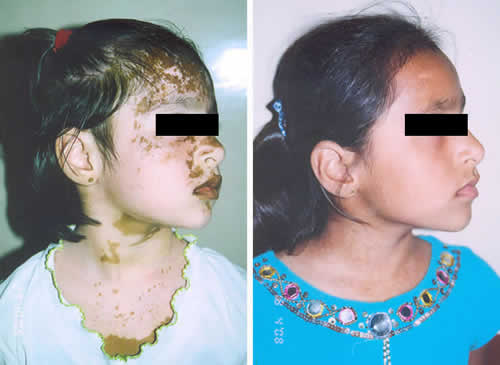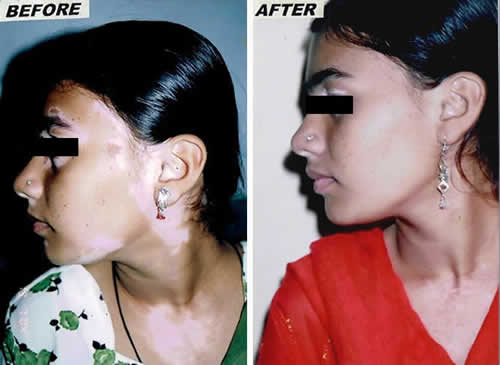Depression
Depression is chronic, ongoing or persistent and treatable disorder, where the patient experiences worthlessness, sadness, loss of motive, loss of interest or hopelessness.
A Depression is an illness that involves the mood and thoughts and in easy words can be expressed as constant sad mood. Depression is not a character flaw or a sign of personal weakness and the suffering person can't make himself well by trying to snap out of it. Depression affects the way a person eats and sleeps, the way one thinks about things, and the way one feels about oneself.
Depression results from a complex, partially understood biochemical changes in the brain, which are inclined and supported by multiple cause’s comprehensive of genetic trait, hormonal factors, socio-personal reasons, circumstantial factors etc. Increased levels of brain chemicals called neurotransmitters, such as serotonin and norepinephrine are found to improve the condition of depression.
Depression is much more common than we believe. However to get precise figures in terms of its prevalence is difficult as many of them go undetected and untreated. Women are twice more often affected with depression than men.
Not everyone who is depressed experiences all the symptoms listed below. Some people experience a few symptoms, some many. Severity of symptoms varies with individuals and also varies over time.
Common Symptoms of Depression
- Persistent sad, anxious, or "empty" mood and unexplained crying spells
- Feelings of hopelessness, pessimism, guilt feeling, worthlessness
- Loss of interest or pleasure in hobbies and activities that were once enjoyed, including sex, social withdrawal
- Loss of energy, persistent lethargy
- Difficulty concentrating, remembering, making decisions
- Insomnia, early-morning awakening, or oversleeping
- Appetite and/or weight loss or overeating and weight gain
- Thoughts of death or suicide; suicide attempts
- Restlessness, irritability, anger, agitation
- Persistent physical symptoms that do not respond to treatment, such as headaches, digestive disorders, and chronic pain
Though the precise cause and nature of depression is not clearly understood, it is believed to be an illness involving an imbalance of brain chemicals called neurotransmitters.
The reasons that can induce such chemical imbalance are as follows:
- 01 Some types of depression run in families, suggesting that the condition can be inherited from parents and grandparents as a genetic predisposition.
- 02 When this genetic predisposition is topped with stresses at home, work, or school, it can evolve in depression. Stress can be in the form of a serious loss, difficult relationship, financial problem, or any stressful change in life patterns, etc.
- 03 People who have low self-esteem, who consistently view themselves and the world with pessimism or who are readily overwhelmed by stress, are prone to depression.?
- 04 Medical illnesses such as stroke, a heart attack, cancer, Parkinson's disease, and hormonal disorders can cause depressive illness.
Very often, a combination of genetic, psychological, and environmental factors is involved in the onset of a depressive disorder.
Homeopathic Treatment
Homeopathy offers an excellent treatment for all stages of Depression, especially in the early stages. Homeopathy can take care of various symptoms of depression. Extreme cases of depression or the cases where the patients are on high doses of the conventional medicines for a long time (drug dependency) may not find good results using homeopathy.
Homeopathy can positively influence personality traits that are working at the base of disease. The important aspect is that depression is a disease in which genetic make-up is topped with environmental stress result in disease. Homeopathic medicines are very deep acting and having potential to counter genetic tendencies. Homeopathy medicines address the root cause of the disease and hence prevent the relapse and recurrence of the condition. Last but not the least; homeopathy medicines are absolutely free from any side-effects as opposed to most of conventional medicines like anti-depressants and anxiolytics.
Homeopathy goes into the depths of depression, and the treatment is thus based on the underlying causes of it.
The results achieved using from homeopathy can be augmented with supportive measures like counseling and psychotherapy.
The Root Cause of Autoimmune Disease
It is our mission to provide each patient the best care in a kind, honest and compassionate manner.”
